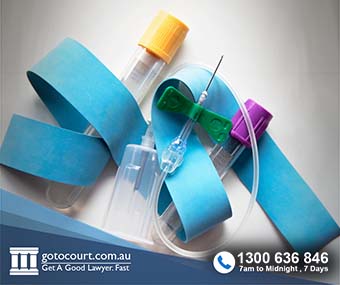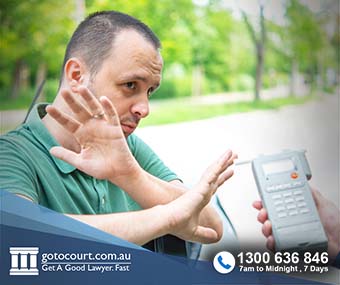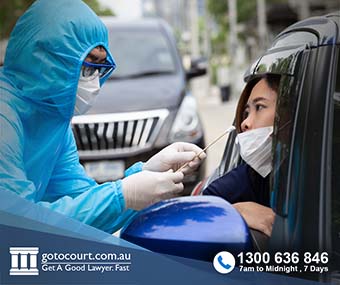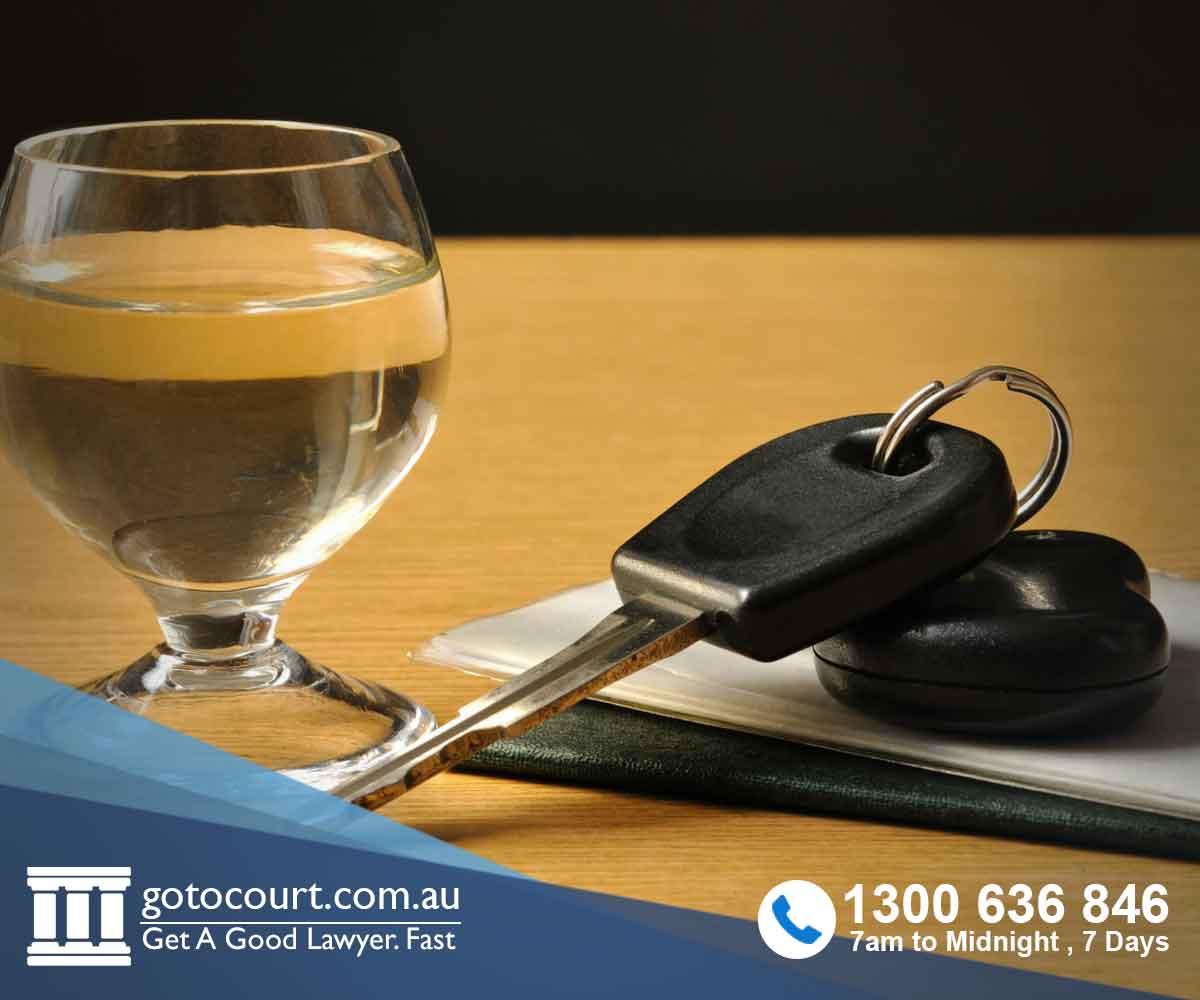Refusing a breath test in South Australia
It is an offence to drive in South Australia with a prescribed concentration of alcohol in your blood. Police have the power to breath test drivers on a random basis or when they suspected of having been involved in an accident. Refusing a breath test is an offence in South Australia.
The rules for taking a breath test are in the Road Traffic Act 1961 and the Road Traffic (Miscellaneous) Regulations 2014 .
Police powers to require a breath test
Police officers in South Australia have extensive powers to randomly stop cars and require drivers to submit to an alcotest and (if necessary) a breath test, including powers to set up driver testing stations in the vicinity of any road or certain major events.
Drivers involved in accidents or who commit driving offences will also be required to take an alcotest or a breath test. An alcotest is taken using a small device which the police officer will ask you to exhale into while you remain in your car. If that test suggests you have above the prescribed concentration of alcohol in your system, you will be required to take a breath test using a larger breath analysis machine. You may also be asked to take this test at a local police station.
A valid breath test requires two samples of your breath to be analysed, with an interval of at least two minutes but no more than 10 minutes between tests. A police officer at a random breath testing station cannot require you to take a breath test if you have not first taken an alcotest.
Refusing to a breath test in South Australia
In South Australia, it is an offence to refuse to take an alcotest or a breath test when required to do so by a police officer. It is also an offence to fail to comply with all of the reasonable directions of the police officer in relation to the conduct of the breath test. When you first refuse the test, you will receive oral advice from the police officer requiring the test of the consequences of your refusal (ie that it is an offence), and that you can request a sample of your blood to be taken.
Penalties for refusal
The maximum penalties for this offence are as follows.
For a first offence, a fine of $1,100 to $1,600, automatic disqualification from driving for at least 12 months, and six demerit points.
For a second or subsequent offence, a fine of $1,900 to $2,900, automatic disqualification from driving for at least three years, and six demerit points.
Immediately after a person refuses to take the test, the police officer must advise them of the consequences of refusing to take the test.
Defences to refusing to take a breath test
The following are legal defences to a charge of refusing to take an alcotest or breath test:
- the requirement or direction to take the test was not lawfully made;
- the person was not given a reasonable opportunity to take the test after being informed of the consequences of refusing to take the test or of their right to request a blood test instead;
- the person failed to take the test because of a valid physical or mental condition. However, this defence only applies if the person requested that a sample of their blood be taken by the police officer requiring the test (regardless of whether that sample was actually taken) or taking the sample was not possible because of the physical or mental condition.
It is not a defence to a refusal to comply with a request to give a breath test that taking the test would incriminate the person.
If you require legal advice or representation in any legal matter, please contact Go To Court Lawyers.





